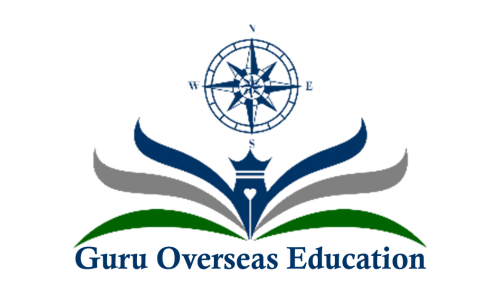The United States is a top destination for international students, including those from Africa, due to its wide range of high-quality educational institutions, diverse academic programs, and ample opportunities for research and personal growth. While the U.S. has highly competitive admissions at top-tier universities, many institutions have high acceptance rates and welcome international students with streamlined admission processes. Below are some of the best U.S. universities known for having relatively high acceptance rates for international students, especially those from Africa:
Reasons to study in United States
Top-Tier Universities
The U.S. hosts prestigious institutions like Harvard, MIT, and Stanford, offering a wide range of programs and exceptional academic resources.
Extensive Program Choices
With thousands of universities, students can select from a vast array of courses, enabling a flexible and customized learning experience.
Research and Innovation Hub
The U.S. prioritizes research, providing cutting-edge facilities and opportunities to collaborate with leading experts across various disciplines.
Strong Career Prospects
Programs like Optional Practical Training (OPT) and strong industry ties help graduates gain valuable work experience in the U.S. post-graduation.
Multicultural Environment
International students thrive in a diverse and inclusive setting, enriching their global outlook and expanding professional networks.
Globally Respected Degrees
U.S. university qualifications are highly esteemed worldwide, enhancing graduates’ employability in competitive job markets.
Advanced Technology and Facilities
Universities are equipped with modern laboratories and state-of-the-art technology, fostering hands-on learning and innovation.
Entrepreneurial Support
The U.S. promotes entrepreneurship through university programs, incubators, and funding opportunities, helping students transform ideas into successful ventures.
Internship and Co-op Opportunities
Many universities collaborate with top companies, providing students with real-world experience through internships and cooperative education programs.
Financial Aid and Scholarships
U.S. institutions offer a range of scholarships, grants, and assistantships, making education more accessible for international students.
1M+
International Students
86%
Employability Rate
4000
Universities
10K+
Scholarships
3 Years
Work Visa
85%
Visa Approval Rate
An Overview of USA Comprehensive Education System
The U.S. education system is renowned for its academic excellence, flexibility, and focus on research. It offers diverse programs and opportunities, allowing international students to gain globally recognized qualifications while experiencing a multicultural and innovative learning environment.
1. Undergraduate Education
Bachelor’s degrees typically take four years and include a blend of major-specific courses and general education requirements.
2. Graduate Education
Master’s programs usually last 1–2 years, while PhD programs often take 3–6 years, with a strong focus on research.
3. Community Colleges
Two-year colleges provide affordable pathways to transfer to four-year institutions or enter the workforce.
4. Flexibility
The U.S. education system allows students to change majors, combine disciplines, and tailor their studies to individual interests.
TOP UNIVERSITIES
Tuition fees in the U.S. vary widely depending on the type of institution. Public universities generally charge lower fees for in-state students, while private universities are more expensive. International students should budget for additional costs, such as health insurance and living expenses, making financial planning essential.

Harvard University
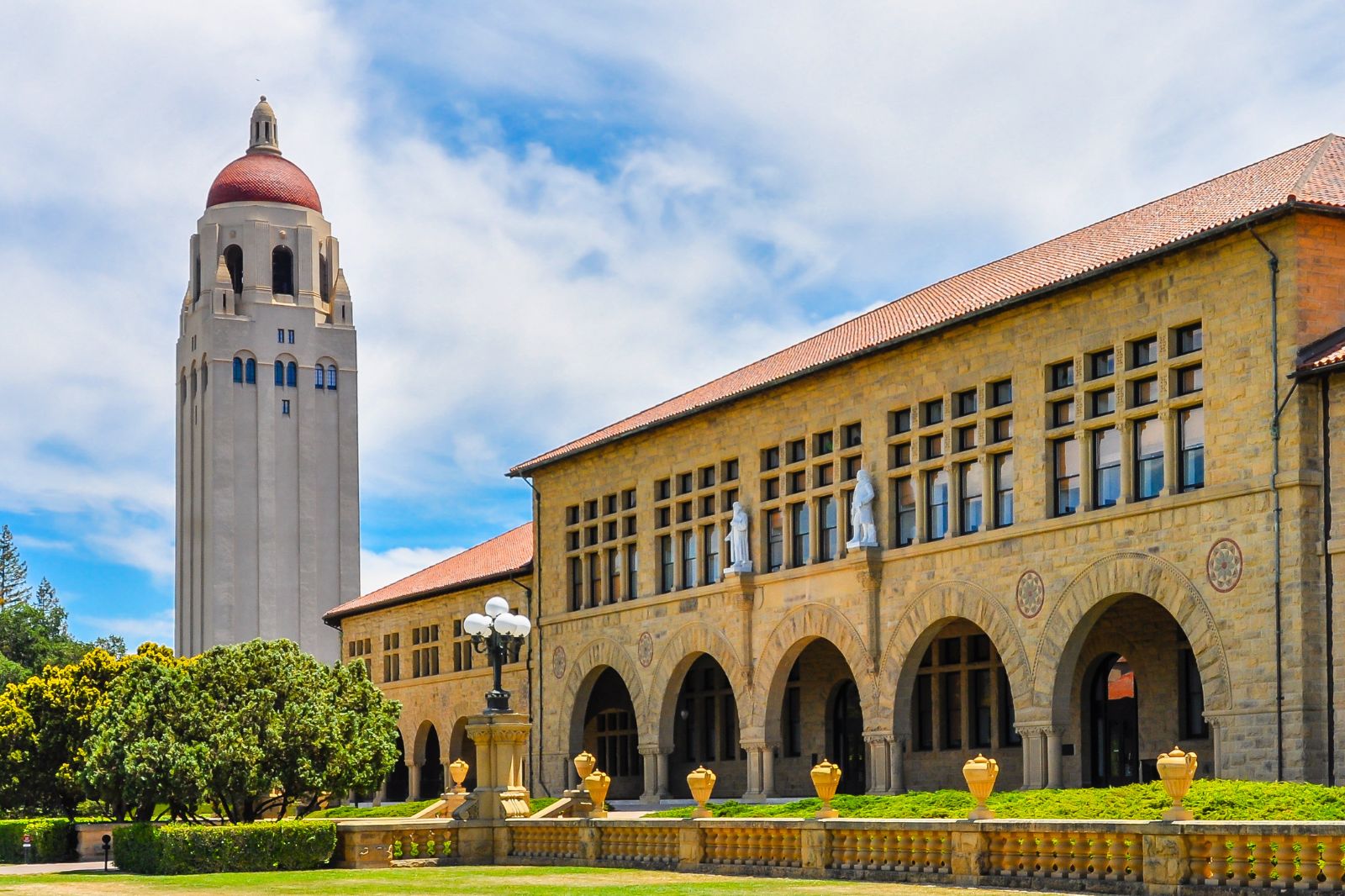
Stanford University
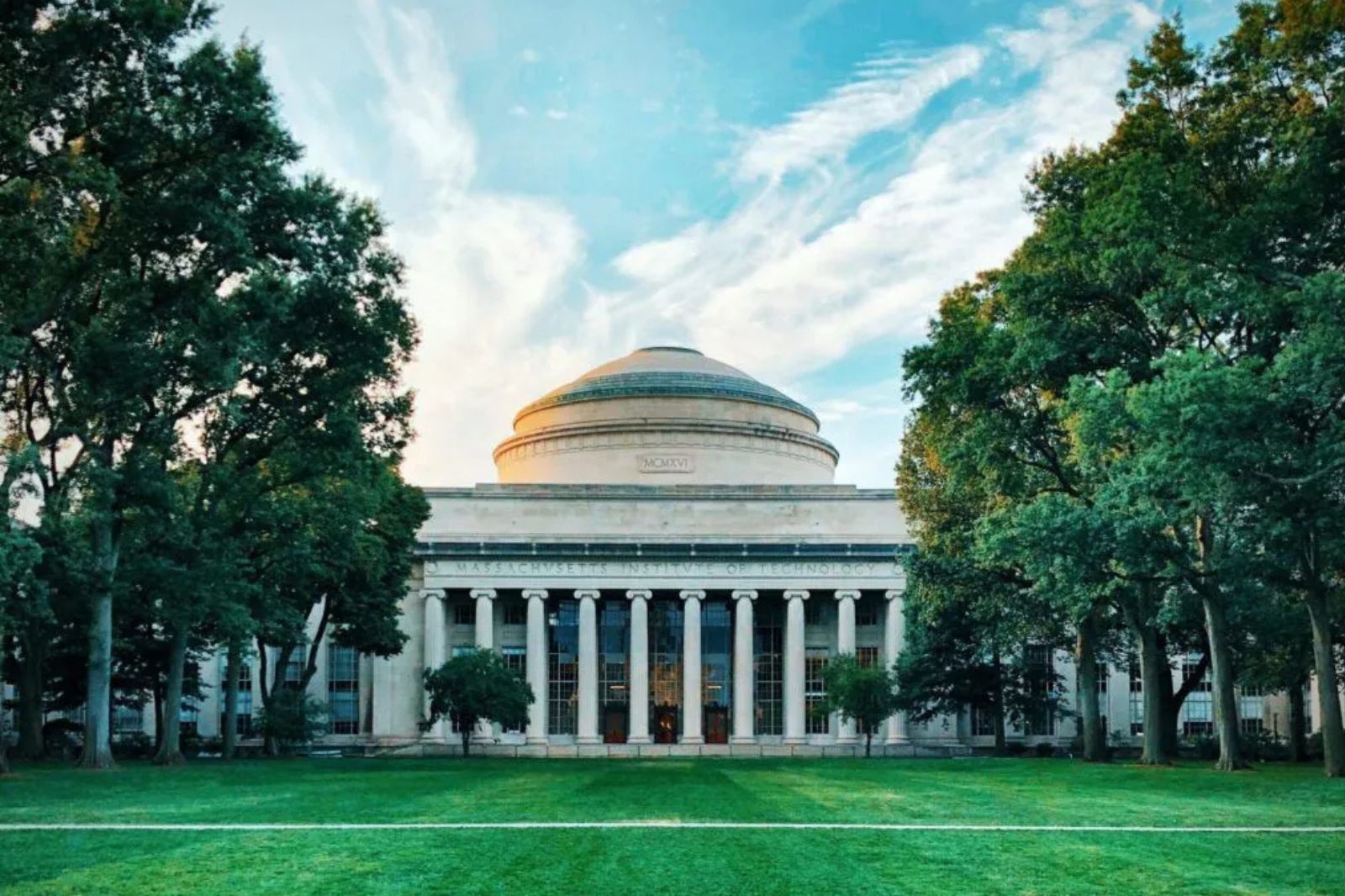
Massachusetts Institute of Technology

California Institute of Technology
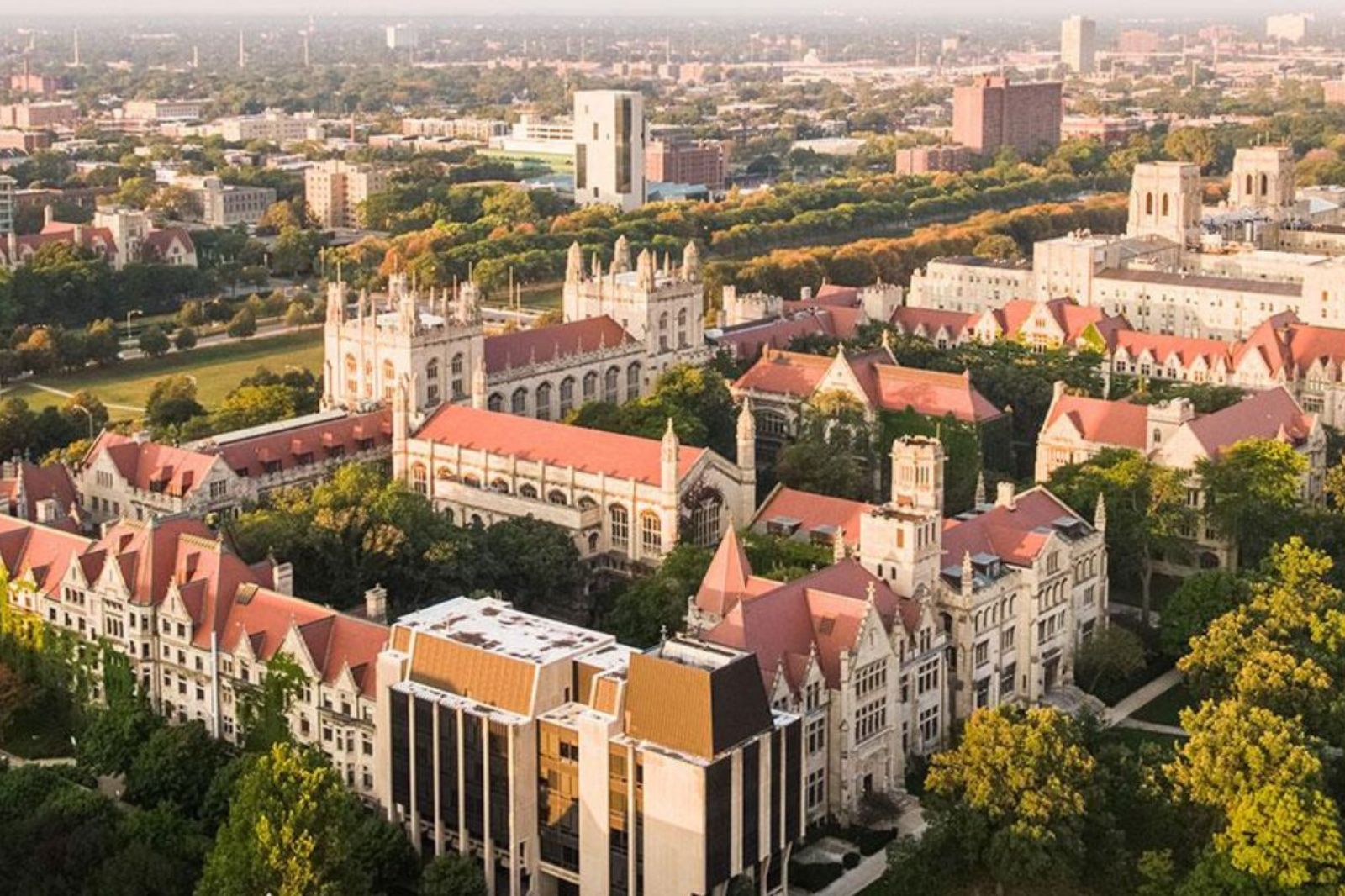
University of Chicago
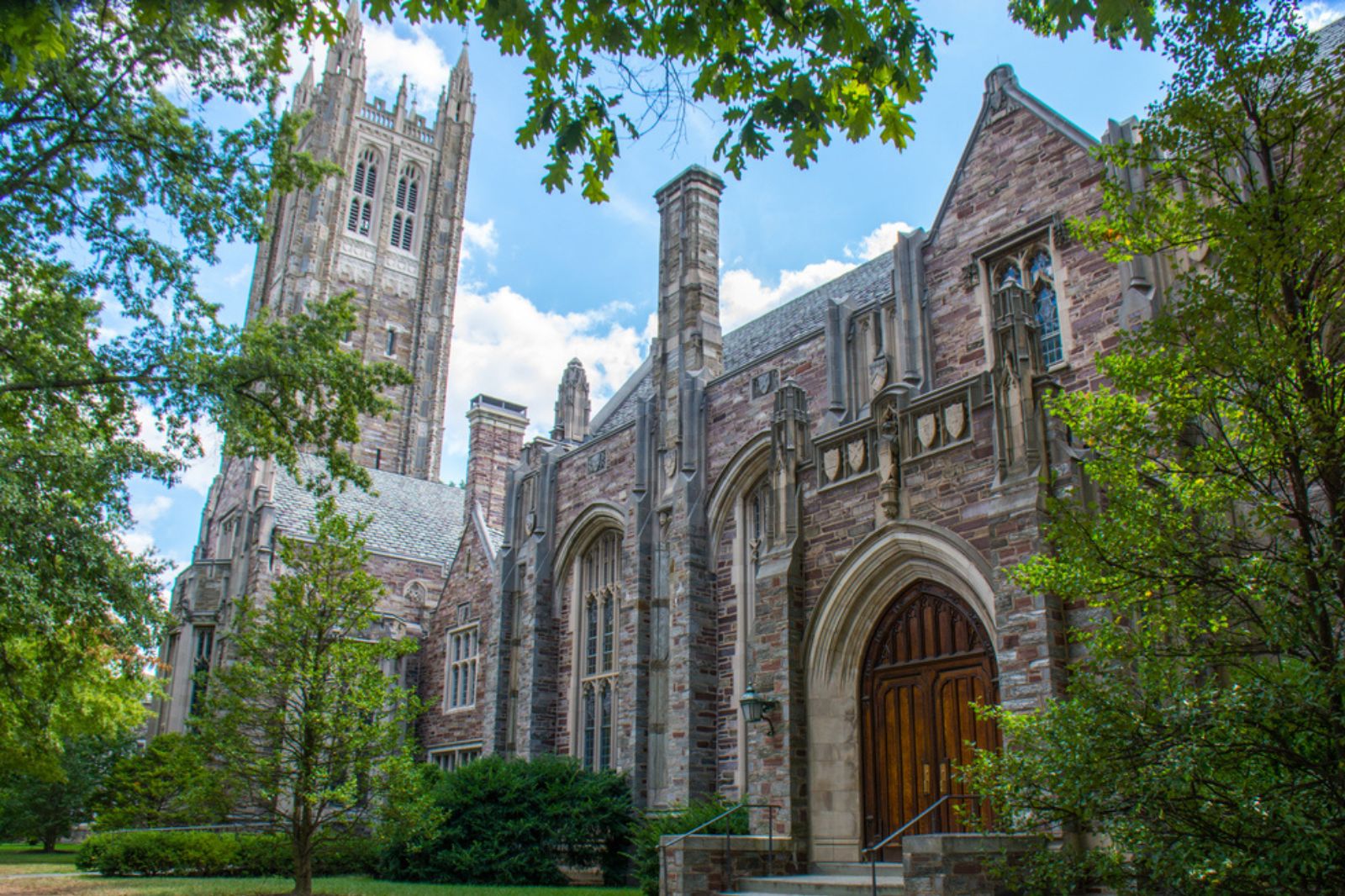
Princeton University
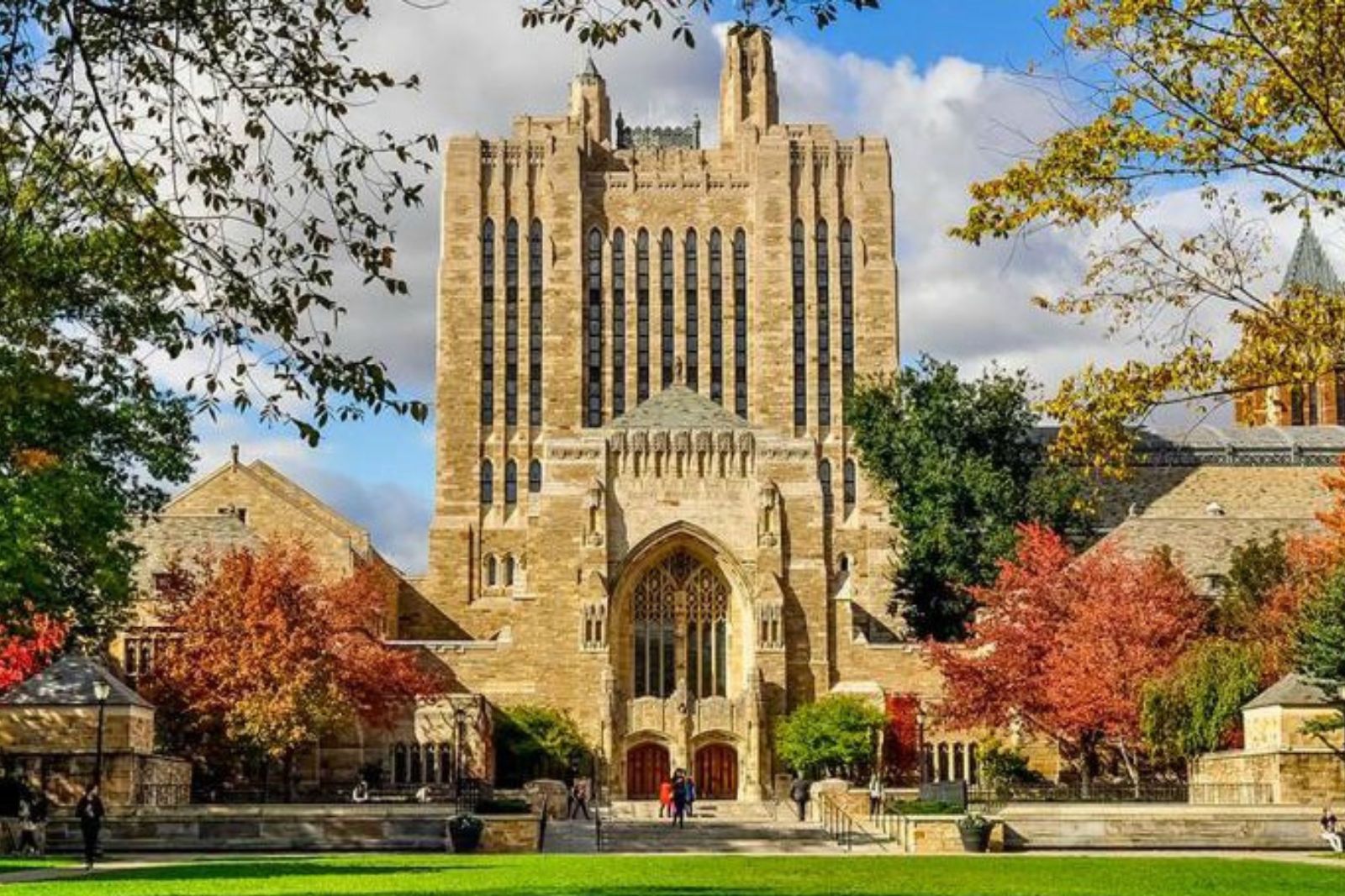
Yale University

Columbia University
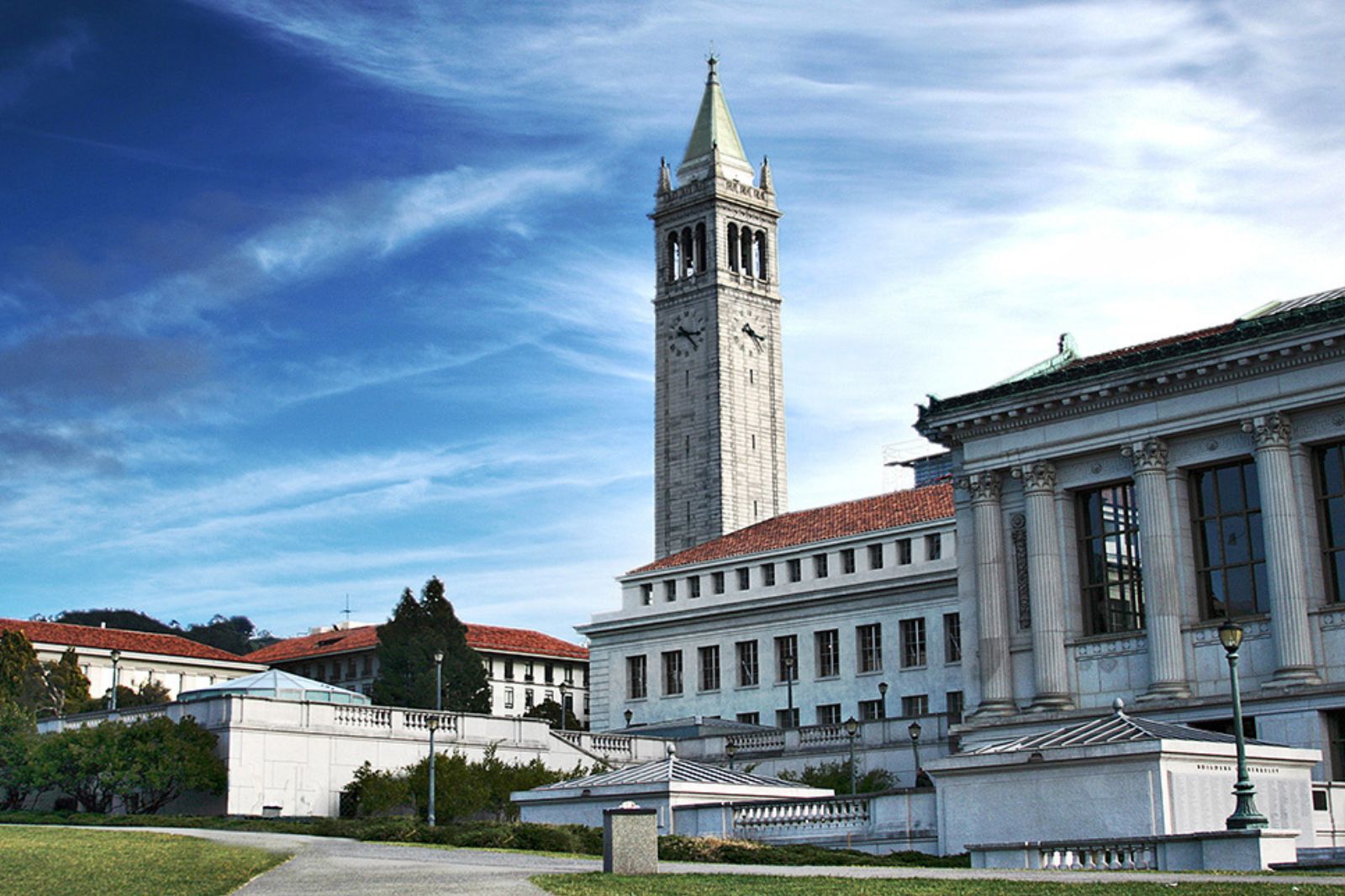
University of California, Berkeley
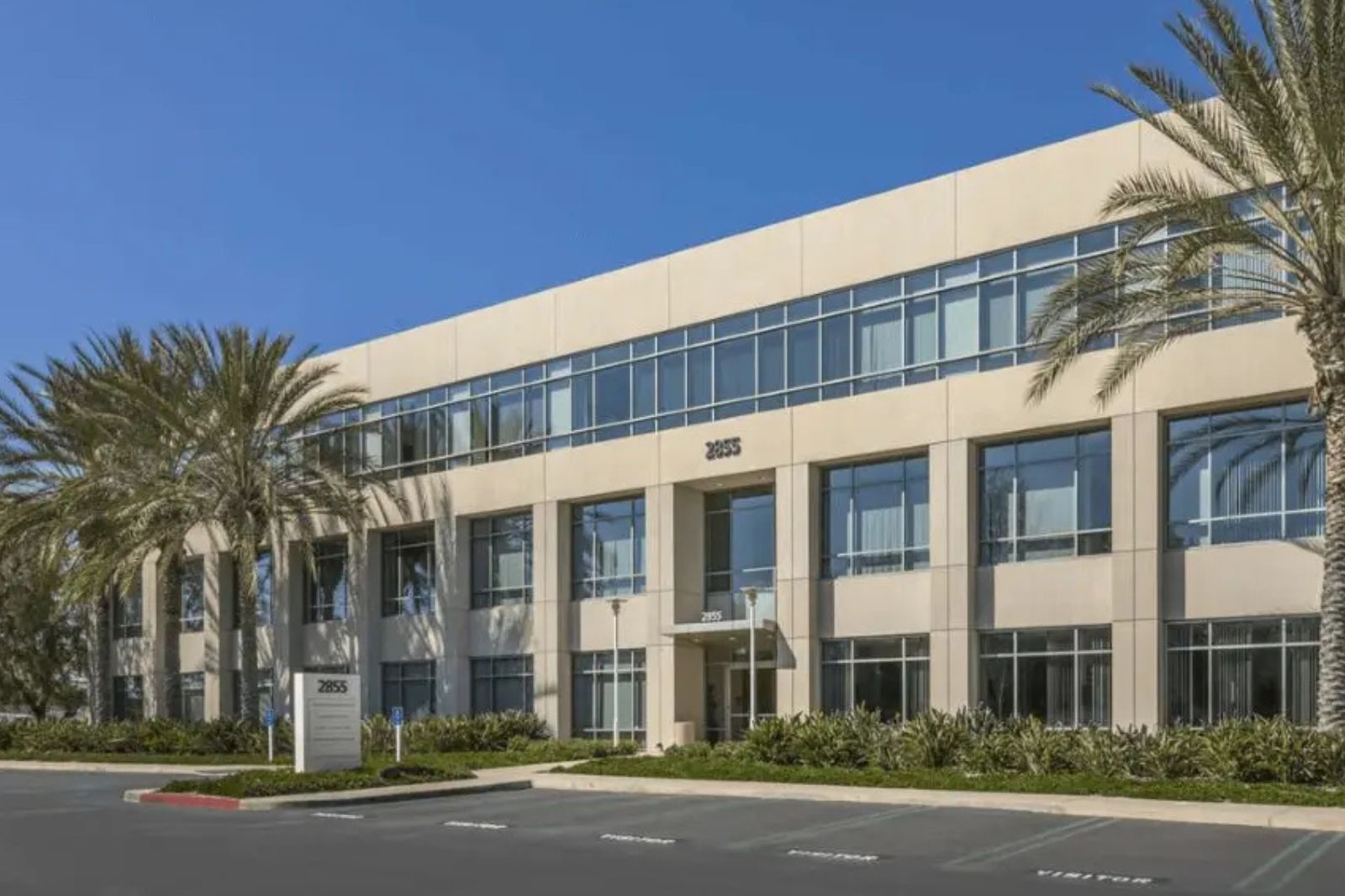
Southern State University
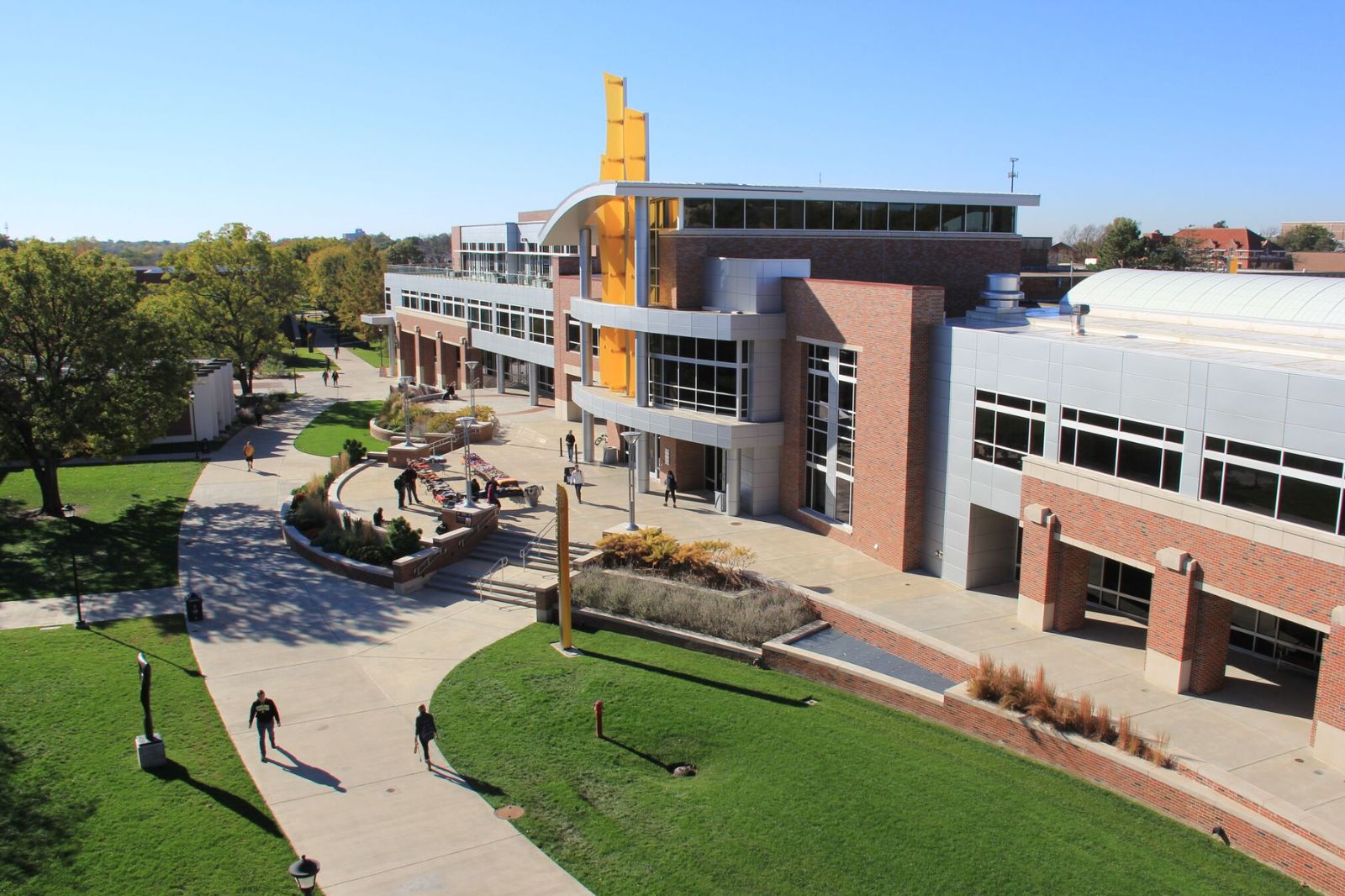
Wichita State University
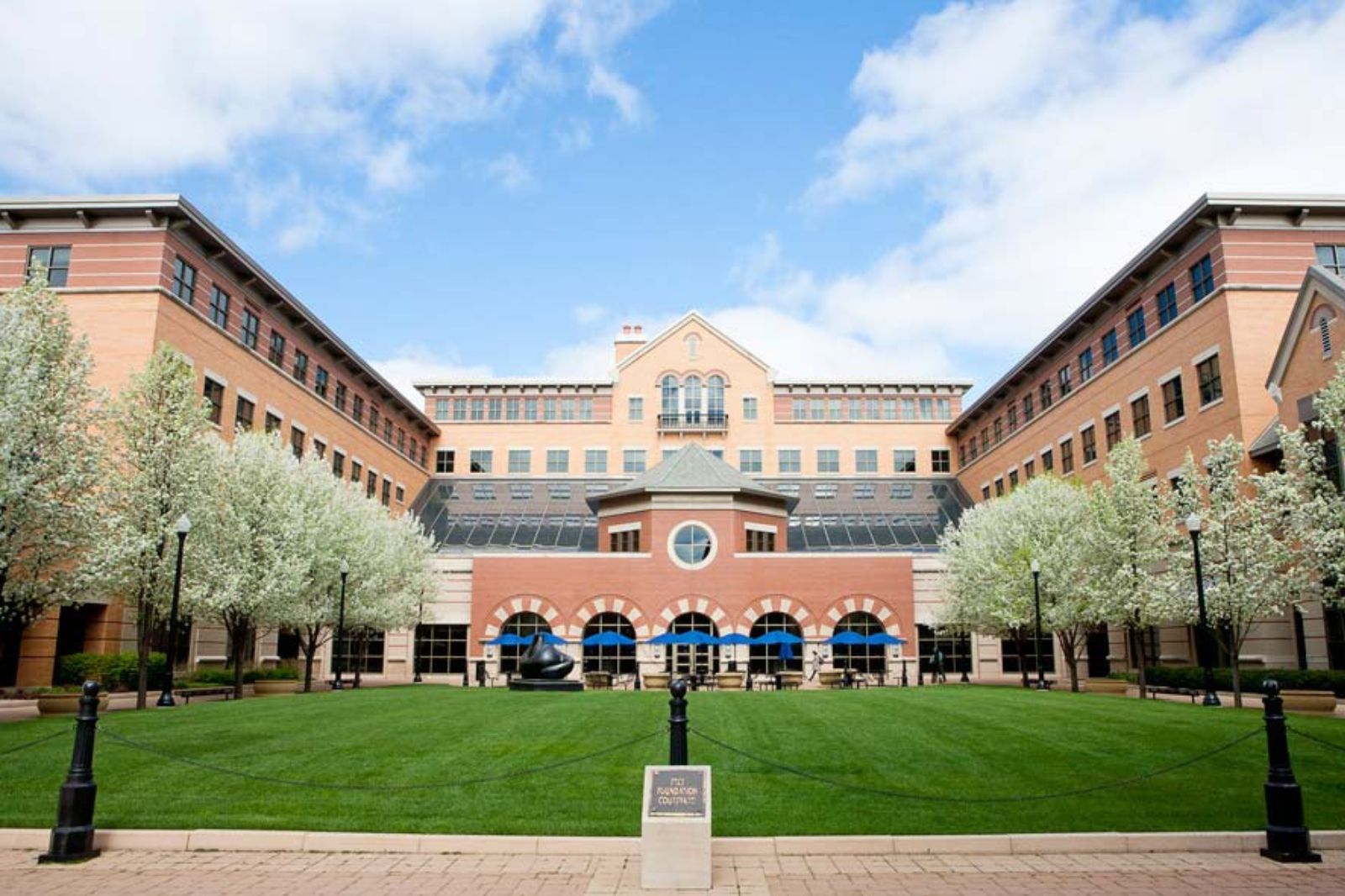
Grand Valley State University
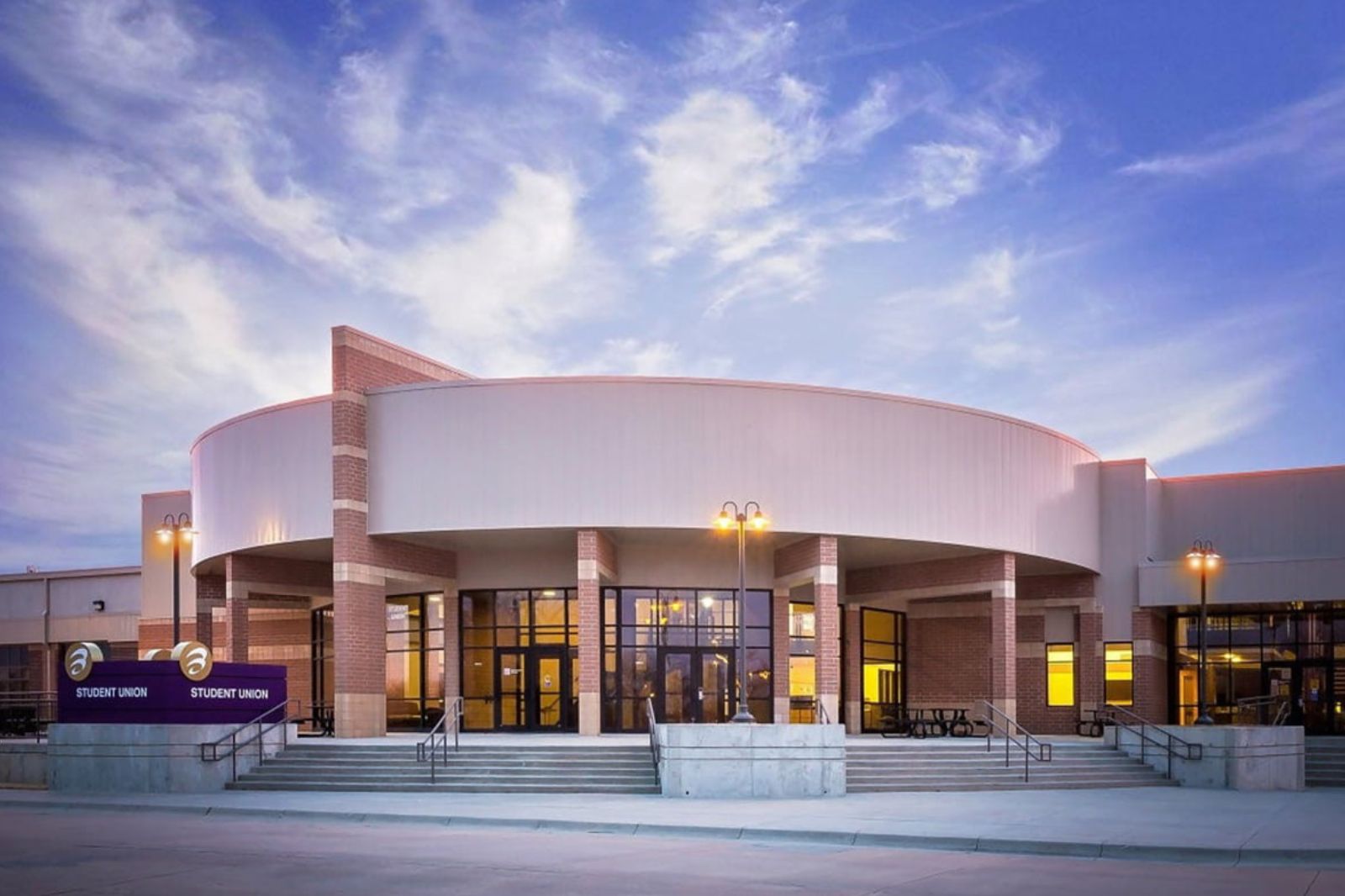
Butler Community College

De Paul University
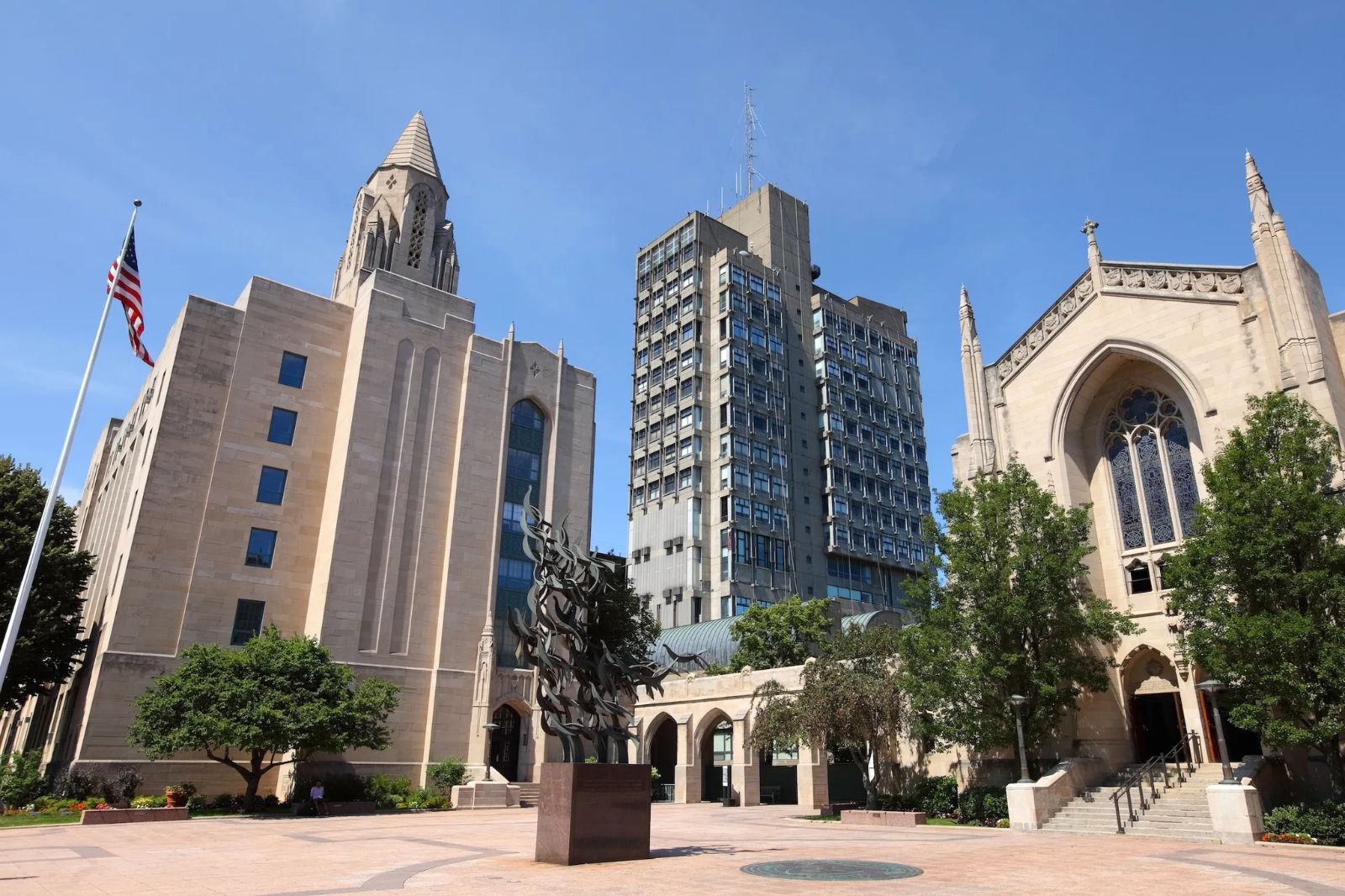
Boston University
Study in USA Universities
These programs are designed to equip students with practical skills, theoretical knowledge, and global perspectives.
Business Management
Covers fields like accounting, marketing, and entrepreneurship, preparing students for roles in global business environments.
Engineering and Technology
Offers specializations such as civil, electrical, and software engineering, focusing on innovation and real-world applications.
Health and Medicine
Includes nursing, public health, and medicine, providing top-notch facilities for clinical training and research.
Arts and Humanities
Encompasses history, literature, and creative arts, fostering critical thinking and cultural understanding.
Social Sciences
Explores psychology, sociology, and political science, addressing societal challenges and global issues.
Information Technology
Focuses on data science, AI, and cybersecurity, equipping students for careers in the tech-driven economy.
Natural Sciences
Covers biology, physics, and environmental sciences, emphasizing research and problem-solving in scientific fields.
Law and Legal Studies
Specializes in corporate, international, and human rights law, preparing students for diverse legal careers.
Education and Teaching
Focuses on early childhood, primary, and secondary education, training future educators.
Agriculture and Environmental Sciences
Addresses sustainable farming, forestry, and climate challenges, blending theory and practice.
Architecture and Design
Offers urban planning, interior design, and architecture, fostering creativity and technical expertise.
Media and Communication
Includes journalism, PR, and digital media, preparing students for dynamic communication roles.
Cultural and Social Life
Tanzanian students in the U.S. can enjoy a vibrant and inclusive social life, with opportunities to join cultural associations, participate in community events, and share their heritage. The U.S. offers a diverse environment where students can interact with people from all over the world while enjoying new experiences and expanding their horizons.
Estimated Monthly Living Expenses
The cost of living for international students in the U.S. varies by location, with major cities being more expensive than smaller towns. Accommodation, food, transportation, and health insurance are key expenses, but students can reduce costs through discounts and part-time work. Proper budgeting helps make studying in the U.S. manageable and rewarding.
$ 700
Accomodation
$ 300+
Food and Groceries
$ 100
Transport
$ 200+
Utilities
$ 80+
Student Health Cover
$ 300+
Other Expenses

Frequently Asked Questions
To study abroad, you typically need a valid passport, academic transcripts, an admission letter, proof of English proficiency (e.g., IELTS, TOEFL), and financial evidence to support tuition and living expenses.
Guru Overseas Education guides students through the entire study abroad process, including university selection, application submission, visa assistance, and pre-departure preparations for their chosen destination.
Yes, many universities abroad offer scholarships based on merit or financial need. Guru Overseas Education provides guidance on finding and applying for these opportunities. Additionally, we offer short-term financial support options to assist students in covering initial expenses.
Yes, international students are generally allowed to work part-time, usually up to 20 hours per week during academic terms and full-time during breaks, depending on the regulations of the country where they are studying.

Get Best Universities and Colleges
Guru Overseas Education is your trusted gateway to international education, empowering Tanzanian students to explore world-class learning opportunities, broaden their horizons, and transform their future through professional guidance and comprehensive support across 20+ global destinations.

